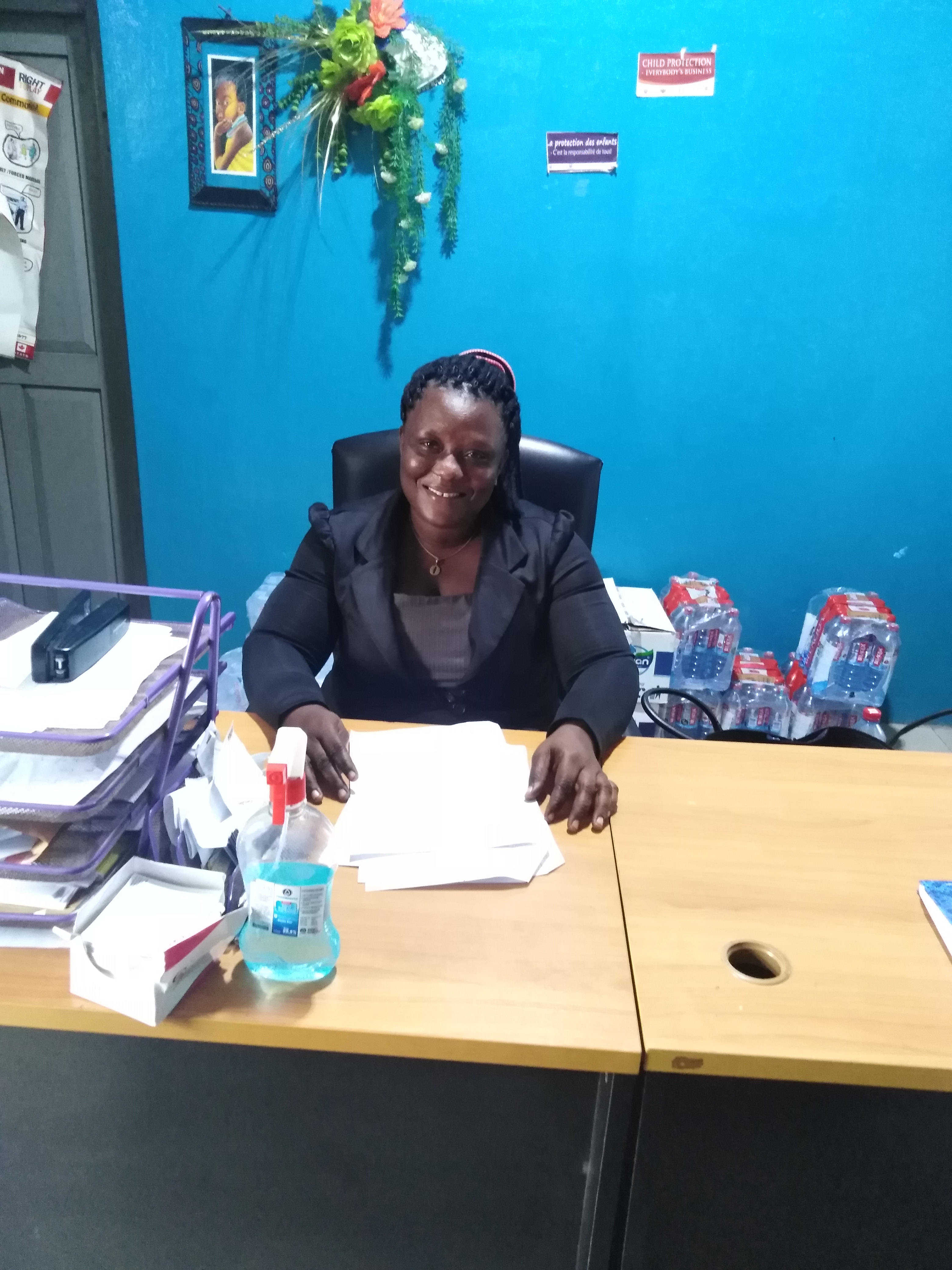
Accept missing and abandoned children
The Shelter for Abused Children under the Department of Social Welfare in Accra has expressed concern about some families of missing and abandoned children refusing to accept their children after they have been traced.
This is often because some of those children have medical conditions such as epilepsy, mental retardation or a disability.
The Manageress of the shelter, Ms Gifty Tekpor, who disclosed this, said the situation was posing a great challenge to the shelter.
“If you refuse to take your child because of a medical condition and leave them to us who have many other children at the shelter to take care of, it is a big challenge for us.
Some of these children sometimes have attacks in the night and when we take them to the hospital and call the families to provide us with information that will help the doctor with his diagnosis, they refuse,” she said.
She said no matter their efforts, some of the families never showed them where they stayed, and when the shelter persisted by calling them, they changed their contact numbers.
Ms Tekpor explained that aside the financial burden of transporting and paying the medical bills of the children, some of them couldn’t do anything on their own, as such they had to bathe, feed and dress them.
She said some of the missing children at the shelter were as young as six years, as such they didn’t even know much about their families.
For that reason, such children were unable to help the outfit trace their families, she added.
“When we send them out with the aim of helping trace their families, these children make us go round in circles without any success in tracing their families.
"We have a lot of children here whose families we have not been able to locate.
As I speak with you, we have somebody who was brought here when he was only nine years, but he is now 21 years and we have not located the family," she disclosed.
She said some of the missing and abandoned children with medical conditions were intentionally put out there by the families for somebody to find them and bring them to the shelter, and tracing those families was very difficult.
The manageress said the situation was not the same with trafficked children and those who were brought there because of child marriage.
Such children, who are often older, are able to help the shelter trace their families, she noted.
Mrs Tekpor urged parents to give birth to the number of children they could take care of so that the children would not end up on the streets to be eventually rescued by the shelter.
The Shelter for Abused Children is one of the four units of the broader Shelter for Abused Children in Accra.
Established in October 2003, it is currently the only state shelter for abused children.
Children admitted to the shelter include missing, abandoned, trafficked and abused children.
It also admits children who have custody issues and those rescued from child marriages.
The children admitted to the shelter are offered counselling and those of school-going age are offered tuition.
They are also taught how to execute chores and taught a vocation.
Ms Tekpor said because the shelter served as a temporary home for the children who were admitted there, they were expected to spend between three months and three years there.
In situations where they face a difficulty tracing the families of the children, they go to court to obtain a care order, and with that, they place the children in other institutions which are private or enrol them in school or a vocation until such a time that they find the families.
She added that the fostering unit also came in and placed the children with parents who would be willing to take care of them.
She appealed to non-governmental organisations, institutions and companies to come to the aid of the shelter so that they would be able to better take care of the children, adding that the government was doing its part but could not do everything.
